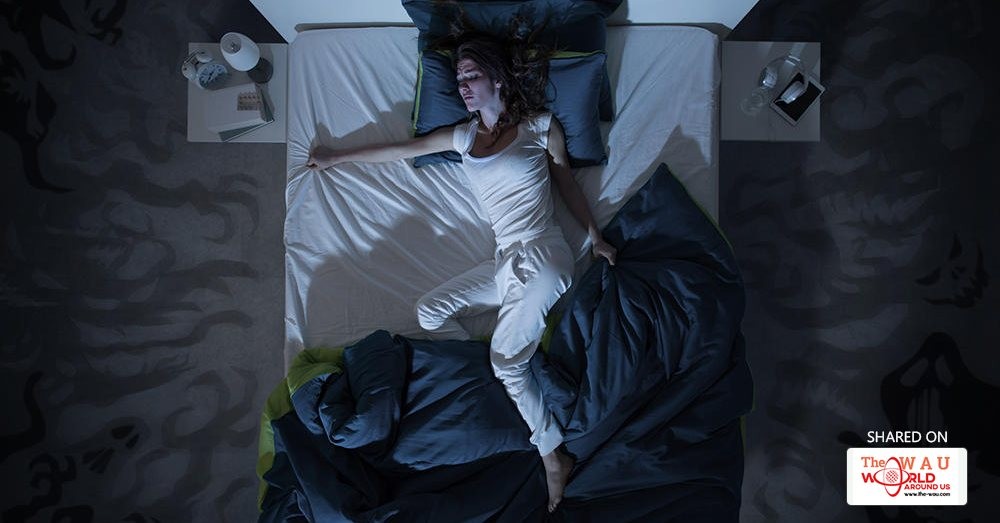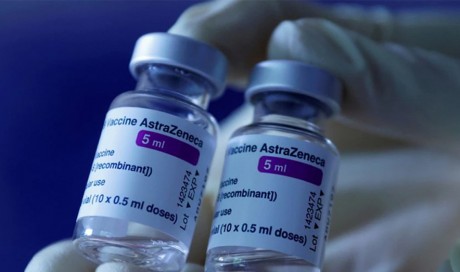Everyone wakes up once in a while feeling a little overheated. But that's not what a doctor would call "night sweats." True night sweats are "extreme perspiration"—think soaked sheets or damp pajamas, says Rob Danoff, DO, director of family medicine at Philadelphia's Aria Health System.
If that sounds like the kind of sweating you're dealing with, Danoff says your symptoms are likely caused by an underlying medical condition or illness.
"Menopause or perimenopause, because of the hormonal changes involved, are the first conditions that come to mind," he says.
One study in the Annals of Human Biology found 36% of menopausal women report experiencing night sweats. Alcohol may make those night sweats worse. Another research paper in the journal Menopause linked moderate or heavy alcohol consumption—defined as one drink or more per day—to higher rates of night sweats among menopausal women.
So if you're approaching or experiencing menopause, that's one obvious culprit. But it's not the only cause of persistent night sweats. (Want to beat that menopause fatigue and re-energize? Follow Prevention's new Younger In 8 Weeks plan to feel younger and lose up to 25 pounds in 2 months.)
Here are some other things your night sweats could be trying to tell you
1.Your risk for heart disease may be elevated.

Middle-aged women who “often” experience night sweats may be at greater risk for cardiovascular disease, per a 2014 study in the International Journal of Obstetrics and Gynecology. The study found this increased risk for CVD even after its authors adjusted their data to account for menopause status, age, and lifestyle factors. Heavier women, women with high blood pressure, and women with diabetes are all more likely than others to experience night sweats. Those associated conditions could explain the uptick in cardiovascular disease risk, the study authors say.
...[ Continue to next page ]
Share This Post












